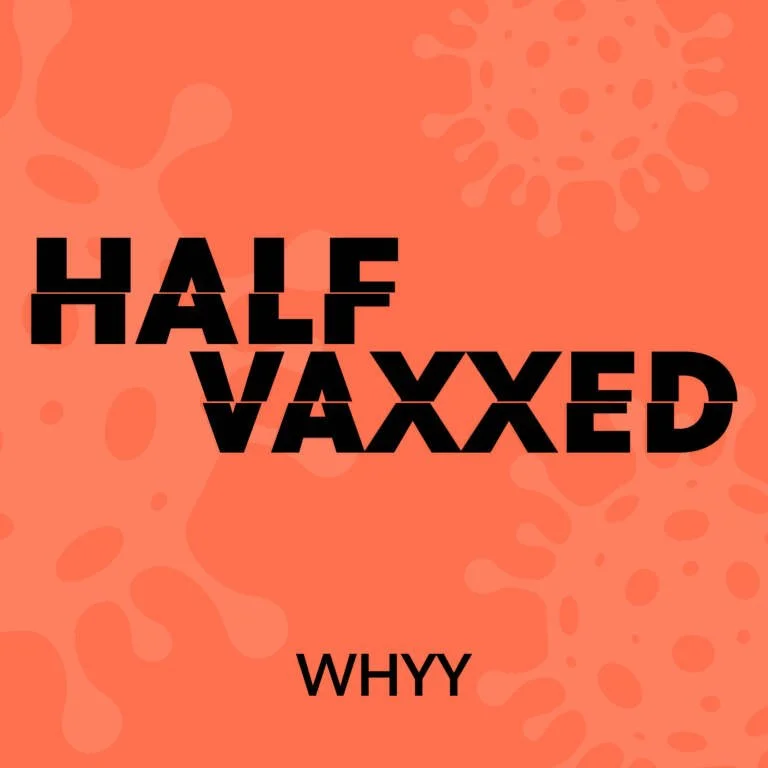Longfellow On Philadelphia During Pandemic: Not Bad, Would Visit Again
Image: Free Library of Philadelphia
BY JOEY SWEENEY
This much we all know to be true: There is a twin-pronged, electrical truth about this city that is in a constant cycle of rotation. It goes like so:
Philadelphia, even when it’s great, is pretty awful. HOWEVER, even when Philadelphia is awful, it’s pretty great.
Recent events have illustrated this amply, to the point where that rotation is in such great turnover — it’s been flipping every two hours for the last month at least — that we worry it could break for good one day, and who knows which musical chair we’d land on? Our luck as a city has been historically, how would you say, streaky.
We mention all of this by way of a wormhole we just went down with Henry Wadsworth Longfellow, of all the dead white guys. This recent New Yorker article on a reappraisal of Longfellow mentions that his epic poem “Evangeline,” after traversing much ground on North America, eventually lands in Philadelphia, in the midst of another unnamed pandemic. Even so, he doesn’t hate it! From the opening of Canto V:
In that delightful land which is washed by the Delaware's waters,
Guarding in sylvan shades the name of Penn the apostle,
Stands on the banks of its beautiful stream the city he founded.
There all the air is balm, and the peach is the emblem of beauty,
And the streets still re-echo the names of the trees of the forest,
As if they fain would appease the Dryads whose haunts they molested.
Further on in the poem, which tracks the quest of the title character to find her very special man friend who has gone missing, Evangeline finally finds the dude in a sick bed in an alms house at 3rd & Walnut (pictured). Then as now, there is a bit of quarquar going on, and Longfellow gives some context:
Then it came to pass that a pestilence fell on the city,
Presaged by wondrous signs, and mostly by flocks of wild pigeons,
Darkening the sun in their flight, with naught in their craws but an acorn.
And, as the tides of the sea arise in the month of September,
Flooding some silver stream, till it spreads to a lake in the meadow,
So death flooded life, and, o'erflowing its natural margin,
Spread to a brackish lake, the silver stream of existence.
Two things to note here: One, Philly pigeons presaged the great die-off, which feels very very Philadelphia to me. Secondly, even in a moment of profound loss, our narrator is looking around and sees the potential of this place: Spread to a brackish lake, the silver stream of existence.
“The silver stream of existence.” You don’t say. Not bad. It’s got a whole Sun Ra-meets-Tolkein thing. We’ll take it.







